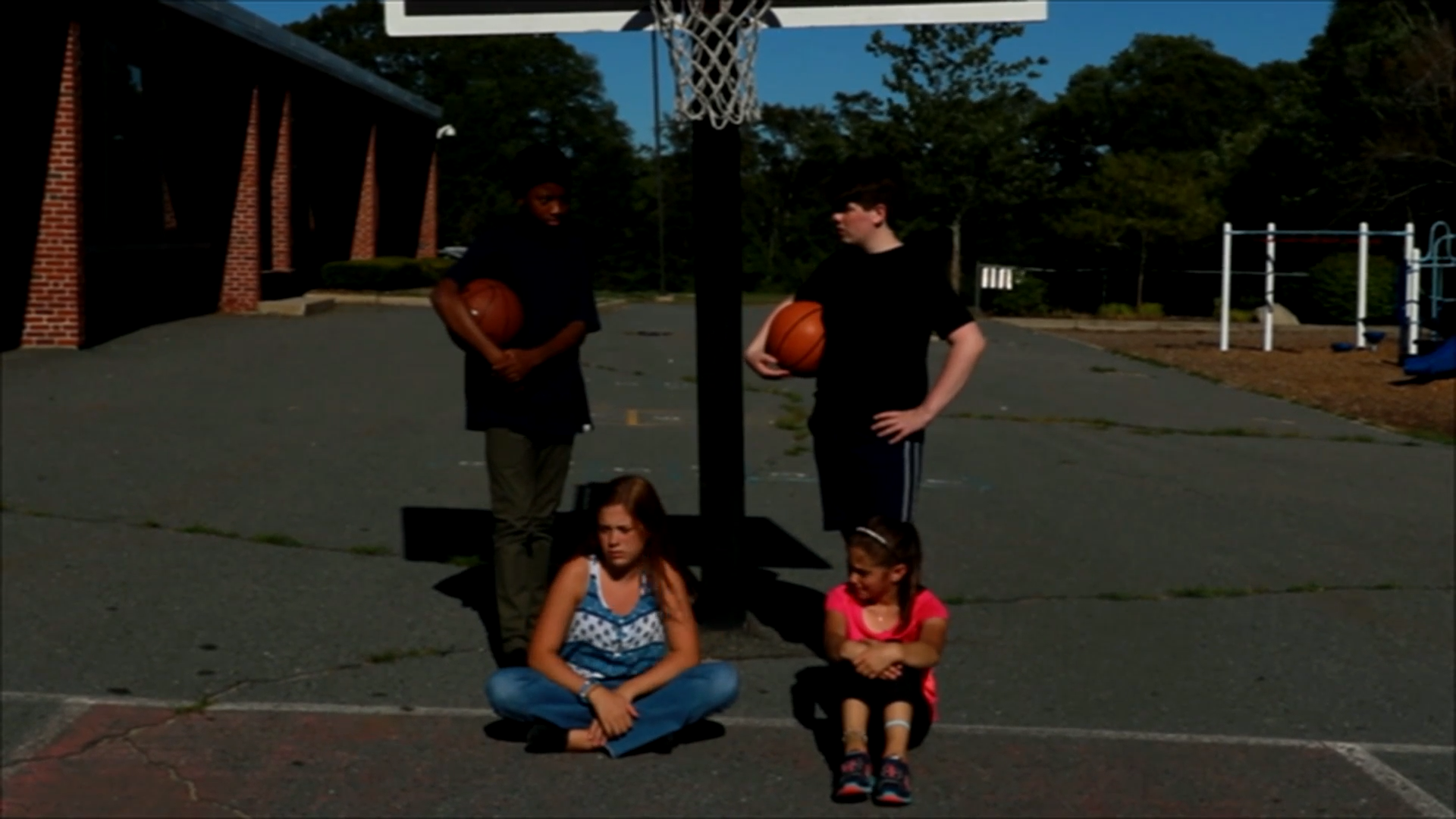Introduction
Solving problems in a respectful and cooperative manner can be challenging for students, especially those in special education settings. It’s essential to teach them how to stand up for themselves while still respecting others, as this can prevent small issues from escalating into bigger problems. Through Social-Emotional Learning principles, we can promote a healthy, collaborative approach to problem-solving that ensures everyone’s needs are met and feelings are respected.
No-Prep Activity: Role-Playing Scenarios
One effective way to teach cooperation and respectful problem-solving is through role-playing scenarios. This activity requires no preparation or materials and can be easily adapted to suit the specific needs of your students.
- Divide the students into small groups.
- Provide each group with a common problem scenario, such as sharing a toy, deciding on a group activity, or resolving a disagreement about personal space.
- Ask the students to act out the scenario, first without cooperation, and then with cooperation. Encourage them to think about how they can solve the problem by working together and respecting each other’s feelings.
- After each group has had a chance to role-play, gather the class together to discuss the different approaches they observed and how cooperation led to better outcomes for everyone involved.
Discussion Questions
Use these questions to stimulate further discussions about cooperation and respectful problem-solving:
- How did it feel when the characters in the role-play were not cooperating? How did their emotions change when they started working together?
- Why is it important to respect others’ feelings when solving problems?
- Can you think of a time when you were able to solve a problem by cooperating with someone else? How did that experience make you feel?
- What strategies can you use to ensure that everyone’s needs are met when solving a problem together?
- How can we apply these principles of cooperation and respectful problem-solving in our everyday lives?
Related Skills
Teaching cooperation and respectful problem-solving is just one aspect of Social-Emotional Learning. Other relevant skills that can help students thrive in their interactions with others include:
- Active listening: Encouraging students to pay attention and empathize with others during conversations.
- Empathy: Teaching students to put themselves in others’ shoes and understand their emotions.
- Conflict resolution: Guiding students through the process of resolving disagreements in a calm, respectful manner.
- Assertiveness: Helping students express their needs and feelings in a respectful and confident way.
Next Steps
Now that you have a better understanding of how to teach cooperation and respectful problem-solving to special education students, it’s time to put these principles into practice. To help you get started, we invite you to sign up for free sample materials that cover this skill and many others. These resources are designed to support your efforts in fostering Social-Emotional Learning in your classroom and helping your students develop healthy, collaborative approaches to problem-solving.






